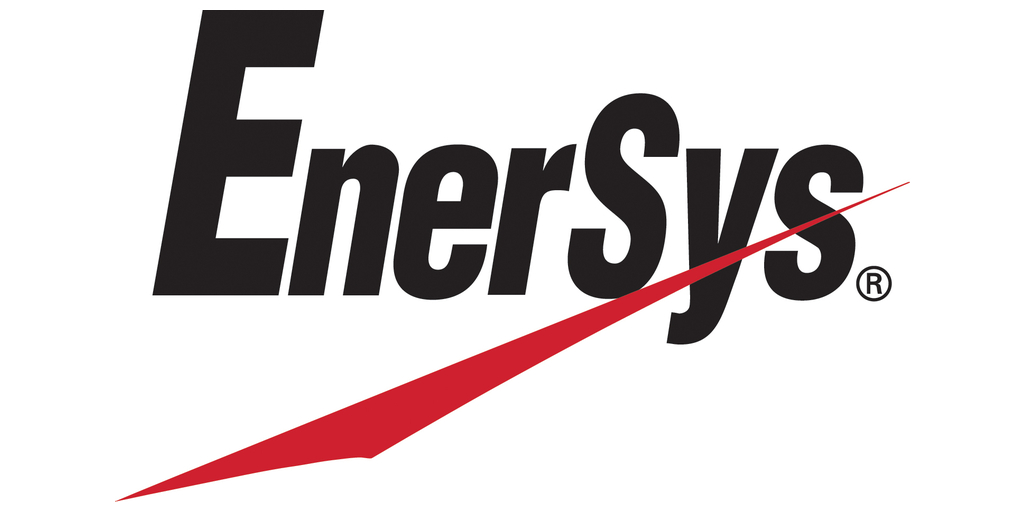
Sign up for daily news updates from CleanTechnica on email. Or follow us on Google News!
The green hydrogen field is showing a spark of life following a rough patch last year. Some of that spark is coming from the aviation industry, which has been searching for sustainable aviation fuels to replace petroleum-base jet fuels. Various biobased SAF concoctions have appeared without achieving significant scaleup, and now hopes are being pinned on green hydrogen and the e-fuels field.
Green Hydrogen And E-Fuels
E-fuels (aka electrofuels) represent a new direction for SAF. E-fuels are synthetic hydrocarbon fuels that are produced by combining captured carbon with green hydrogen, typically meaning hydrogen pushed from water in an electrolysis system powered by electricity from wind, solar, and other renewable resources. Biomass is another emerging resource, but, to date, much of the activity has focused on water electrolysis.
Here in the US, an e-fuels gold rush of sorts has already surfaced in Texas, where American Airlines is collaborating on an e-fuel SAF initiative called Project Roadrunner, with the e-fuels stakeholder Infinium and other partners. CleanTechnica first took note of the project back in 2023, reporting that American Airlines contributed a firm offtake agreement help ensure the success of the venture.
Last fall Project Roadrunner earned a seal of approval from the firm Brookfield Asset Management, which announced itself as a $200 million strategic funding partner with Infinium for the Texas project along with another $850 million in funding aimed at distributing Infinium SAF and other e-fuels globally.
Roadrunner was still on track as of September 10, with American Airlines affirming that it expects to purchase SAF from the project in commercial-scale quantities beginning in 2026.
More Green Hydrogen For e-SAF In Denmark
The emerging e-SAF industry also got a shot of adrenaline last week, when the Swiss e-fuels firm Metafuels announced a new $9 million round of funding in support of a demonstration site in Switzerland. In anticipation of a successful demonstration, Metafuels also has a production facility in Denmark in the pipeline. The production facility is expected to generate 12,000 liters of SAF daily once in operation.
The firm Celsius Industries spearheaded the funding, with new investors RockCreek, Fortescue Ventures, and Verve Ventures also participating. Existing investors Energy Impact Partners and Contrarian Ventures signed onto the new round as well, having contributed to an $8 million funding round in 2023.
In addition, the Swiss Federal Office of Energy chipped in another $5 million, based on Metafuels’s sustainable methanal-to-SAF collaboration with the Swiss research institute PSI.
Metafuels is playing its proprietary e-fuels process close to the vest, but the company does emphasize that its SAF is produced with electricity from renewable resources. “Metafuels’ differentiation is cost leadership through the ability to convert its feedstock (e-methanol) into e-SAF with a significantly higher yield, ensuring a more efficient and cost-effective process,” the company adds.
“Metafuels’ signature e-SAF, aerobrew, can replace conventional kerosene regardless of the size, type of aircraft, and short-haul or long-haul,” Metafuels explains. The company’s website provides just a bit of additional detail, describing the aerobrew process as an “an innovative catalytic system — the ‘missing piece of the jigsaw’ for converting green methanol to SAF — with a high selectivity and yield.”
In a press statement announcing the new funding last week, Metafuels CEO and co-founder Saurabh Kapoor noted that the funding total of $22 million enables Metafuels to complete the demonstration program and focus on the commercial market. “We will be looking at implementing a number of new sustainable aviation fuel production sites and are already engaging with various stakeholders as potential investors or e-SAF off-takers,” he said.
Who’s Gonna Pay For All This?
The big obstacle, of course, is cost. Metafuels is leaning on the efficiency and scalability of its aerobrew process to counterbalance the cost of green hydrogen, which remains high relative to conventional hydrogen extracted from natural gas (see lots more green H2 background here).
Metafuels also notes that its facilities can be located near aviation fuel hubs and competitive renewable energy resources, trimming transportation and electricity costs.
High costs or not, legacy aviation stakeholders are also paying attention. That includes Honeywell, which was tapped by the Danish firm Power2X to contribute its new “eFining” system to a large-capacity eSAF hub taking shape in Rotterdam, aiming at delivering more than 250,000 tonnes (metric tons) per year.
“The Rotterdam facility will use locally produced green hydrogen and imported methanol produced from green hydrogen and biogenic carbon as feedstock to create electrofuels (eFuels),” Honeywell and Power2X explained in a press release dated December 17.
“Honeywell’s eFining technology will play a central role in production, enabling the conversion of methanol into eFuels with low emissions and high efficiency,” the two firms elaborated, adding that the Rotterdam facility “underscores how technology is shaping the future of aviation and the energy transition, two megatrends that align with Honeywell’s portfolio.”
Before you get too excited, the two companies also indicate that their eSAF will be blended with conventional jet fuel in order to achieve the status of a drop-in replacement. Nevertheless, they indicate that the decrease in greenhouse gas emissions will be substantial.
“Honeywell UOP eFining can reduce greenhouse gas (GHG) emissions by 88% compared to conventional jet fuel,” they state.
Honeywell adds that its SAF technology has been licensed at more than 50 sites around the world, for a combined capacity of 500,000 barrels daily if and when they become fully operational.
Another Green Hydrogen Startup To Watch
A quick search of the Intertubes easily reveals green hydrogen and e-SAF projects around the world that have been delayed or cancelled outright due to high costs and offtaker scarcity, Uniper’s proposed “SkyFuelH2” project in Sweden being one example. However, that does not seem to have dampened enthusiasm in other locations. For example, the Sultanate of Oman is working with the Norwegian firm Nordic Electrofuel to turbo-boost e-SAF production in the Sultanate.
Keep an eye on the Finnish startup Liquid Sun, which describes itself as a “carbon recoding” company. “Our solution is based on low temperature electrolysis (LTE) technology that transforms CO₂ and water into valuable e-fuel feedstocks. The process is powered by renewable electricity,” Liquid Sun explains.
In November, Liquid Sun reported that it has nailed down almost 4 million euros in seed funding, on top an an earlier €1 million funding round in 2023. With the funding in hand, Liquid Sun anticipates a smooth path towards scaleup.
The next step is a pre-commerical demonstration project, to be housed in a shipping container.
The new round of funding was spearheaded by Voima Ventures, which also has the green hydrogen stakeholder Solar Foods under its umbrella, and co-led by the Finnish-American venture capital firm Failup Ventures. The agricultural waste recycler Enifer Oy also participated, along with the Swedish firm Cellfion AB.
Follow me via LinkTree, or @tinamcasey on LinkedIn and Bluesky.
Image: Green hydrogen stakeholders anticipate hitching a ride on the up-and-coming e-SAF field, which leverages renewable electricity to produce synthetic fuels (courtesy of Metafuels).
Chip in a few dollars a month to help support independent cleantech coverage that helps to accelerate the cleantech revolution!
Have a tip for CleanTechnica? Want to advertise? Want to suggest a guest for our CleanTech Talk podcast? Contact us here.
Sign up for our daily newsletter for 15 new cleantech stories a day. Or sign up for our weekly one if daily is too frequent.
CleanTechnica uses affiliate links. See our policy here.
CleanTechnica’s Comment Policy




